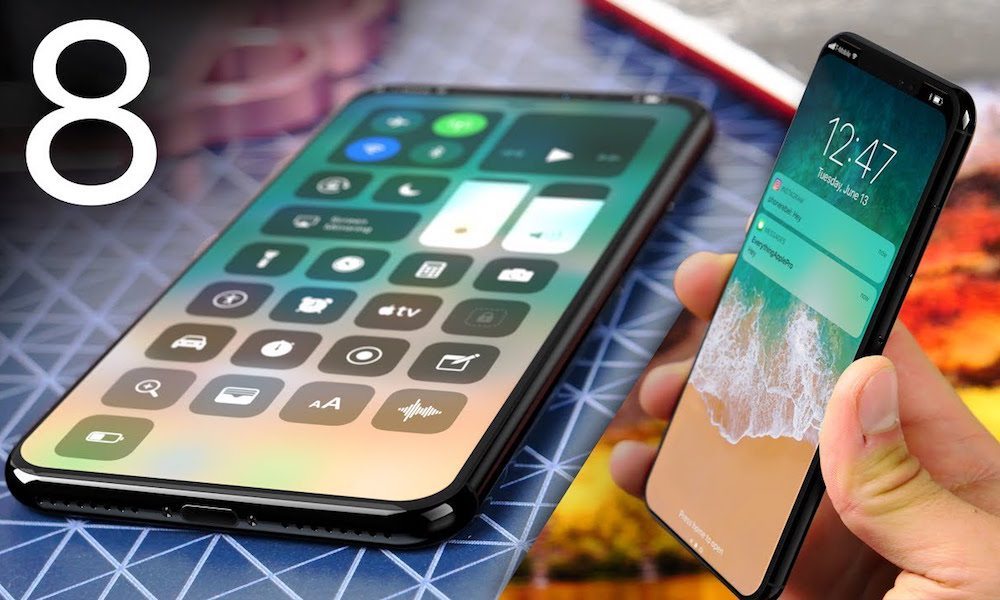More Global Supply Chain Issues Delay iPhone 8 Production
 Credit: EverythingApplePro
Credit: EverythingApplePro
Toggle Dark Mode
Supply chain issues and industry-wide critical component shortages will have a profound impact on Apple’s production of the iPhone 7s, iPhone 7s Plus, and iPhone 8, several new reports seem to indicate.
An incident reported yesterday at a memory chip foundry in Taiwan is said to have caused supply and production issues. The Micron Technology-owned plant is reported to have scrapped about half of its supply of DRAM chips due to nitrogen mishandling, according to DigiTimes. Additionally, while Micron denied that the incident has affected its manufacturing lines, DigiTimes added that the incident did temporarily halt production. In a statement to Reuters, Micron said that the incident was “minor.”
But research firm TrendForce estimates that the accident has affected at least 5.5 percent of the entire global DRAM production capacity for July. The incident is sure to aggravate the already strained supply of the critical component, used in everything from smartphones to the Nintendo Switch. The affected plant is said to have produced DRAM chips for Apple in the past, and additionally, Apple historically puts seasonal strain on global DRAM supply when it starts mass production of its iPhone handsets.
Indeed, Apple is already placing intense pressure on the Far East supply chain as a whole. DigiTimes reported in March that Apple’s demand is forcing other manufacturers to scramble to secure critical components for their own devices — including Nintendo, which is facing supply shortages some attribute to Apple. Last month, Reuters also reported that firms are scrambling to place memory chip orders before stock dries up completely.
Among the tight supplies is a shortage of NAND flash memory chips, due to the fact that Apple suppliers SK Hynix and Toshiba have each fallen short of expected yield rates — in some cases by as much as 30 percent. This has forced Apple to turn to Samsung for NAND chips for its 2017 iPhones, as the Korean-based giant has relatively stable yield rates and is ramping up its output of the critical component, DigiTimes reported. Notably, this is all occurring while Android makers are also gearing up to introduce their own flagship devices this year. Not that the industry didn’t see it coming..
In April, renowned KGI Securities analyst Ming-Chi Kuo predicted that this year’s premium iPhone 8 would face “severe supply shortages” after its launch this fall. In a “worst case scenario,” Kuo believes iPhone shipments could decrease by 15 to 20 percent overall.






